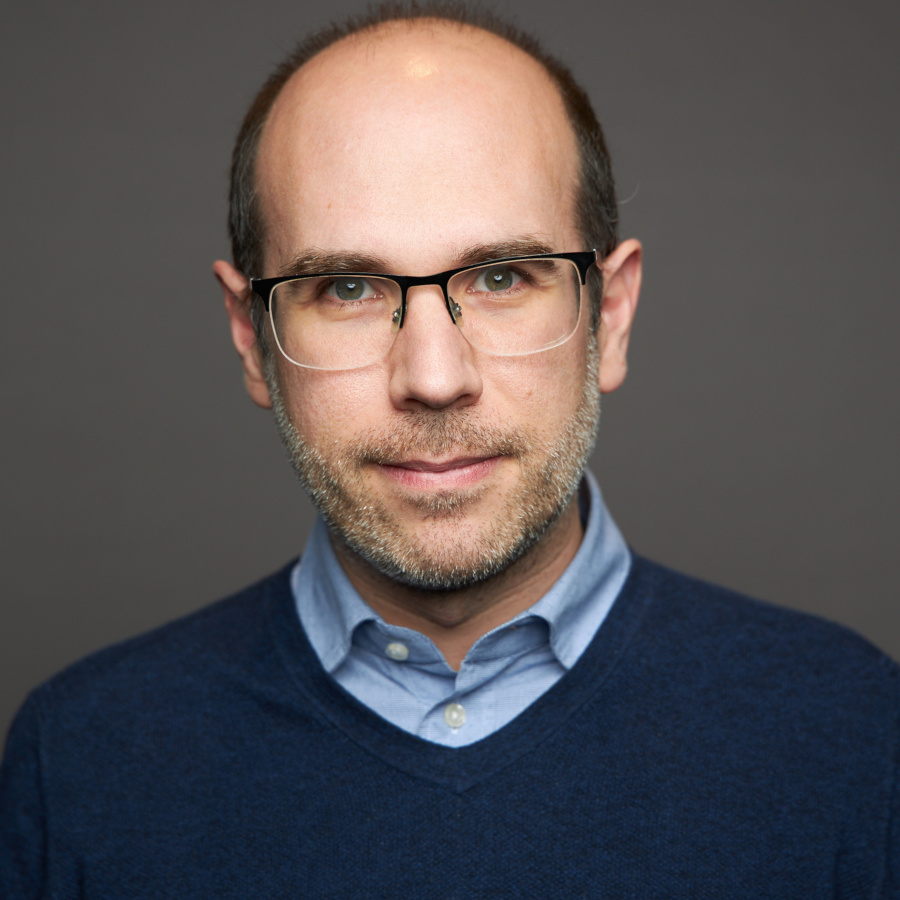

It's common in job interviews to ask you about "the biggest impact you had". And I recently realized that my proudest achievement had little to do with my effort. It wasn't about the impact that I had on a company but on young people.
I come from Andalusia, in the south of Spain. I consider this area particularly opportunity-deprived. During 2022, the average salary there was a little more than 22K € per year. And the unemployment rate above 18%. Building up a career in tech in Andalusia feels like a miracle.
And the worst part is not the low pay or the lack of opportunities. What I find heartbreaking is that once you stay there for a while, you can get trapped. Gergely Orosz explained in The Trimodal Nature of Software Engineering that there are three tiers of companies in Europe. In my experience, the ones that you find in less economically developed ones are the local ones, the lowest tier. And the problem with working with those is that they lack the practices and skills required to work in tier two or above. Unless you are really lucky to land in a company where spoken English, continuous integration, automated tests and agile development are daily practices, you can have a hard time prospering later in your career.
Despite all of that pessimism, I've never been so optimistic about the future of this situation. And that is because, during the past few years, something that was mostly unheard of is becoming more and more common. And COVID-19 is to blame.
While I lived in London, I used to do headhunting at the University of Sevilla to bring cheap talent that we could train. This was a purely selfish activity. We were failing to attract engineers at the level I required. Little I knew back then that that would be one of the most fulfilling activities of my career. Over three years, there were a total of eight graduates that built up the courage to fly and come to work for a tier-two company in a foreign country. This is sometimes frowned upon as it's seen as a brain drain. Sevilla paid for their education, and now it's London who gets to enjoy their skills. But here is the twist. Thanks to COVID-19 and remote work, five out of those eight engineers now live in their home towns in Andalusia while they work for a tier two company remotely.
I see this as a major win against the unpleasant situation that I described at the beginning. When I talk to them and hear how are they doing, they are so much better in contrast to the people that decided to stay working for local companies. And it's not just the individual benefit. One engineer at a time, they are boosting the local economy, while avoiding contributing to the raise of the rent in large cities.
Even now that I'm not headhunting graduates anymore, I visit educational institutions at least once a year to encourage them to make the jump. They now have the opportunity to do their own hero's journey. This is in my opinion the largest impact that I can have.
Big thank you to all the young people that came and worked with me at the time. It is thanks to your courage and effort that I felt the proudest.

I'm a fractional CTO that enjoys working with AI-related technologies. I have dedicated more than 15 years to serving SaaS companies. I worked with small startups and international scale-ups in Europe, UK and USA, including renowned companies like Typeform.
I now work helping startups achieving high growth and performance through best practices and Generative AI.